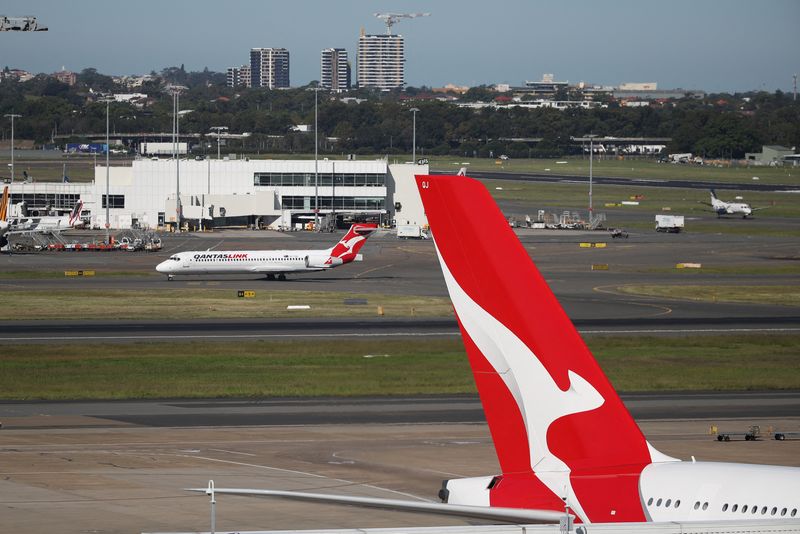In a recent stand-off between the Australian Federation of Air Pilots (AFAP) and Qantas Airways, tensions have escalated following the rejection of a wage proposal put forth by the airline. This move has sparked concerns within the aviation industry and raised questions about the future of labor relations at Qantas.
The crux of the issue lies in the proposed wage increase offered by Qantas which, according to reports, fell short of the expectations of the AFAP. The union, representing the interests of Australian pilots, has taken a firm stance against the proposal, citing concerns about fair compensation for their members. This rejection underscores the growing discontent and dissatisfaction among pilots regarding their working conditions and remuneration.
Qantas, as one of the leading airlines in the region, is no stranger to labor disputes. Over the years, the company has faced several challenges in its efforts to strike a balance between profitability and meeting the demands of its workforce. The current impasse with the AFAP reflects a broader trend in the industry, where labor unions are increasingly vocal in advocating for better pay and working conditions for their members.
The rejection of the wage proposal by the AFAP is likely to have a ripple effect within the aviation sector, potentially leading to disruptions in flight schedules and impacting customer satisfaction. The standoff between the union and Qantas also highlights the importance of effective communication and negotiation in resolving disputes between management and employees.
Moving forward, both parties will need to engage in constructive dialogue to reach a mutually beneficial agreement. Finding common ground and addressing the concerns raised by the union will be crucial in fostering a positive working relationship and ensuring the smooth operation of Qantas Airways. Ultimately, a fair and equitable resolution to the wage dispute will be in the best interests of all stakeholders involved.
As the aviation industry continues to navigate the challenges posed by the ongoing pandemic and evolving market dynamics, the ability of companies like Qantas to effectively manage labor relations will be key to their long-term success. By prioritizing open communication, transparency, and mutual respect, companies can build a more resilient and collaborative workforce that is essential for weathering uncertainties and driving sustainable growth in the future.



